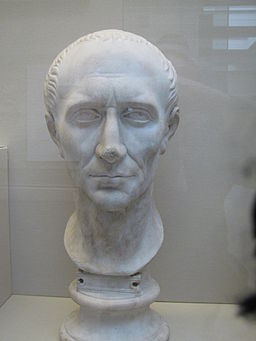There was also a good deal of written propaganda against the "triumvirs." The edicts of Bibulus and the orations of Domitius and Memmius were in circulation. The elder Curio published in the form of orations virulent indictments of Caesar, and a historian presented events of the previous decade in a fashion that was highly unfavorable to Caesar. The most telling attacks came from two gifted poets who, for personal, not ideological, reasons, were opposed to the men in power. The poets were Calvus, whose speeches against Caesar's follower Vatinius have already been mentioned, and his friend, the brilliant Gaius Valerius Catullus. Their biting iambics provided the opposition with priceless slogans. Most of the verses in which Calvus assailed Pompey and Caesar are lost, but those of Catullus are preserved. He was the son of a prominent man of Verona, one of the chief cities of Caesar's Cisalpine Gaul, and he had personal knowledge of the man who was his chief target, Caesar's engineer Mamurra, pictured as a rapacious and licentious creature. Many of the verses are too scurrilous to quote....
[I]n the end Caesar succeeded in winning over the two poets. He wrote of his own accord to Calvus and they became reconciled. He approached Catullus through the young man's father, with whom Caesar was on terms of hospitality, and, when Catulus offered apologies, invited him to dinner. Catullus died before he could celebrate the new friendship, and his invectives remain, as Caesar realized, an indelible blot on Caesar's name.
My Latin title, as translated by F.A. Wright, reads: "Again my verse beneath the ban will fall / Of our unique and only general."


 RSS Feed
RSS Feed